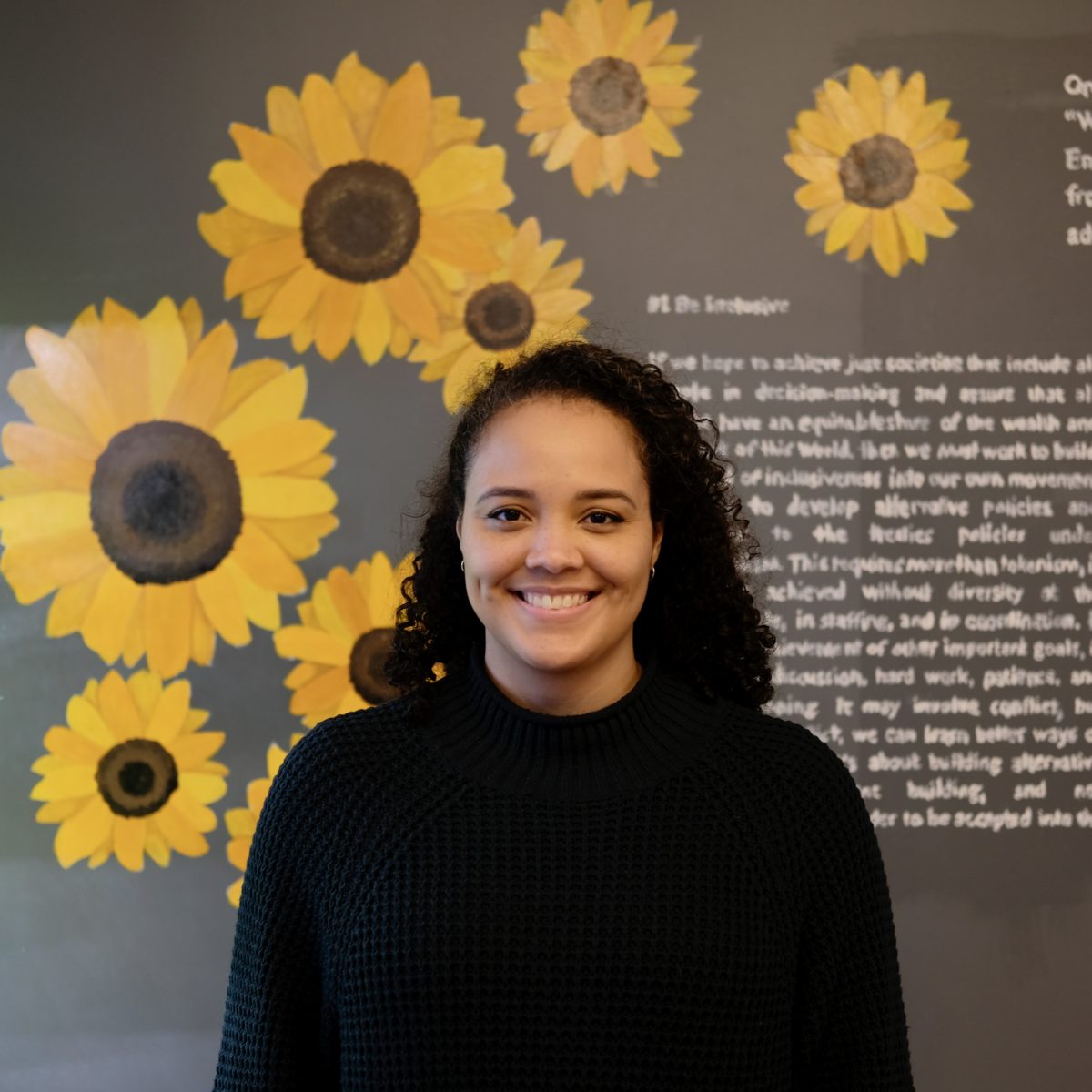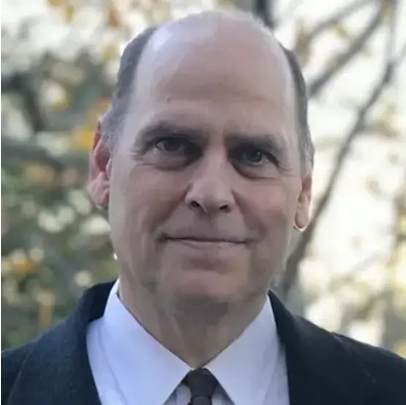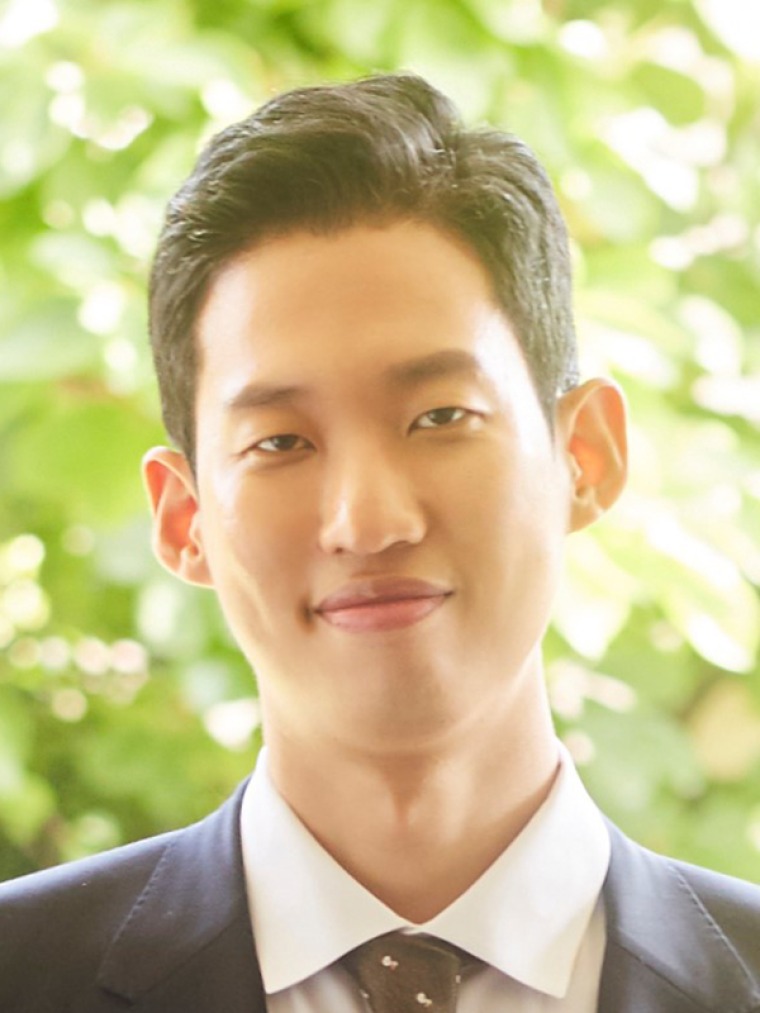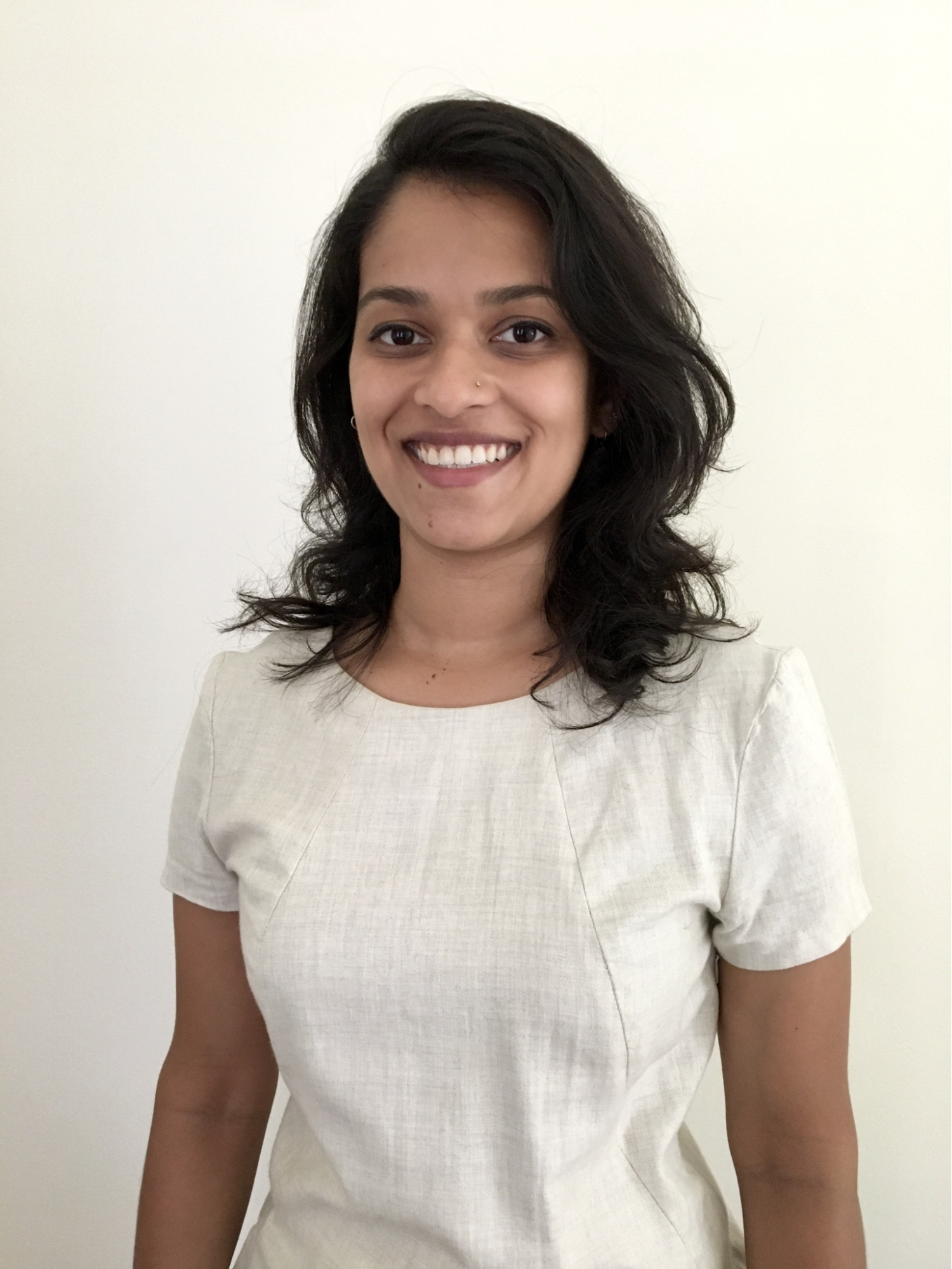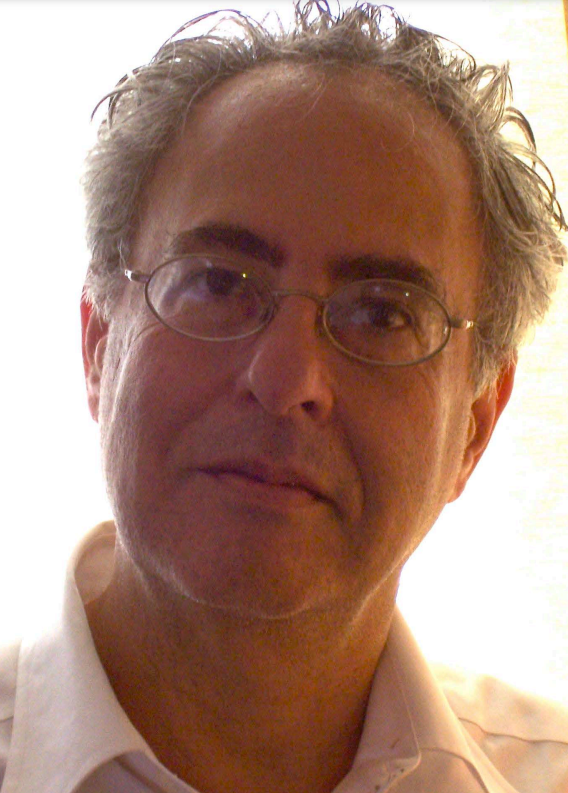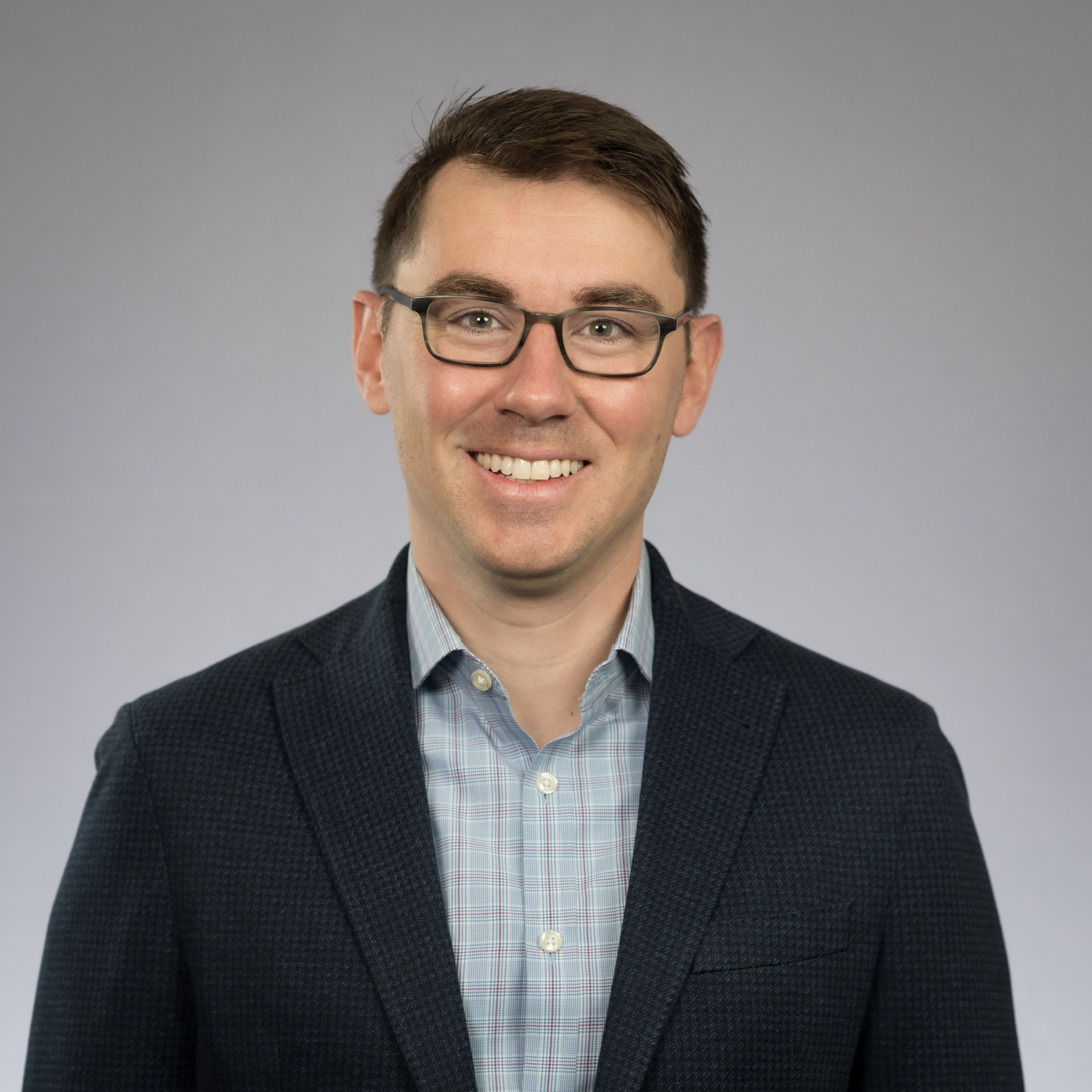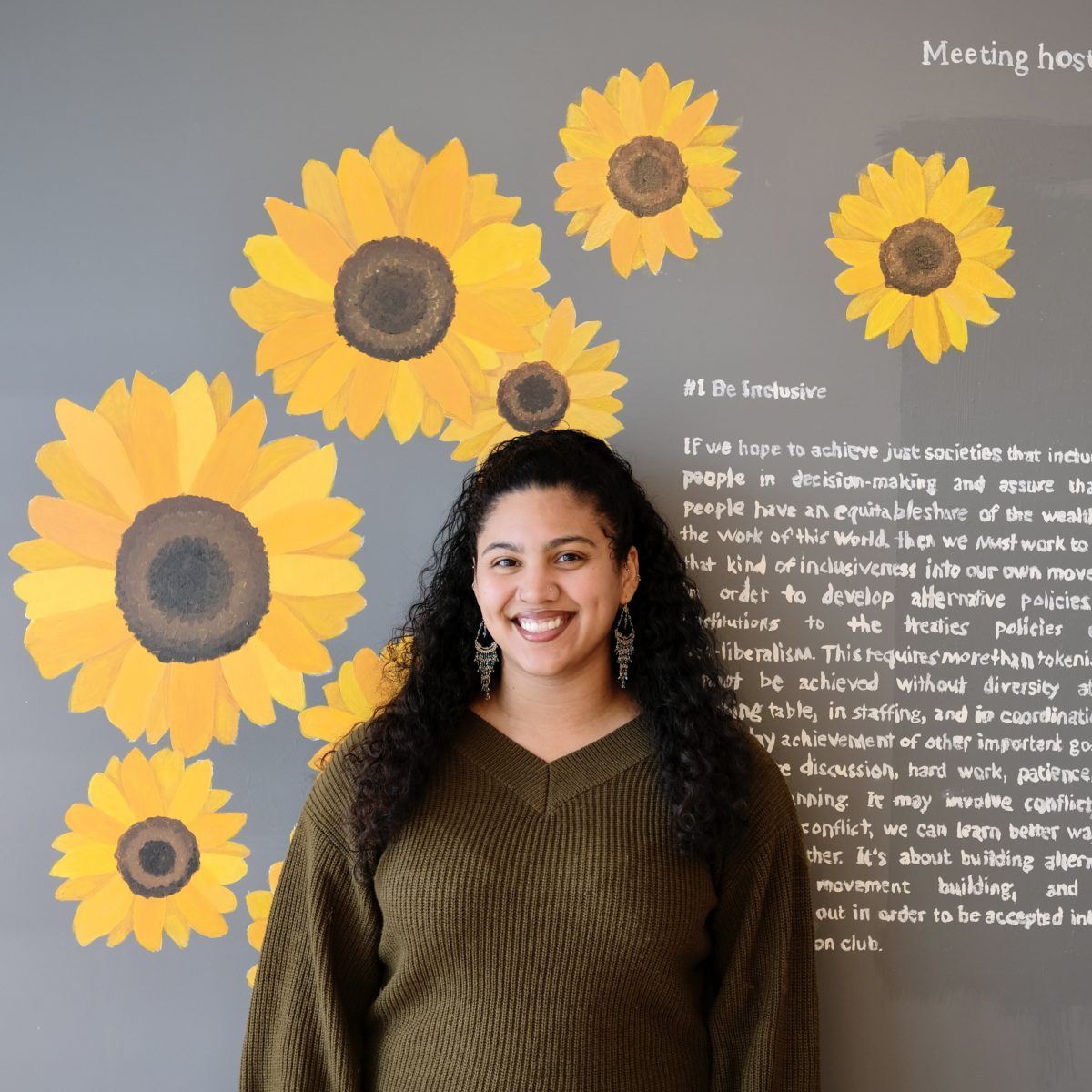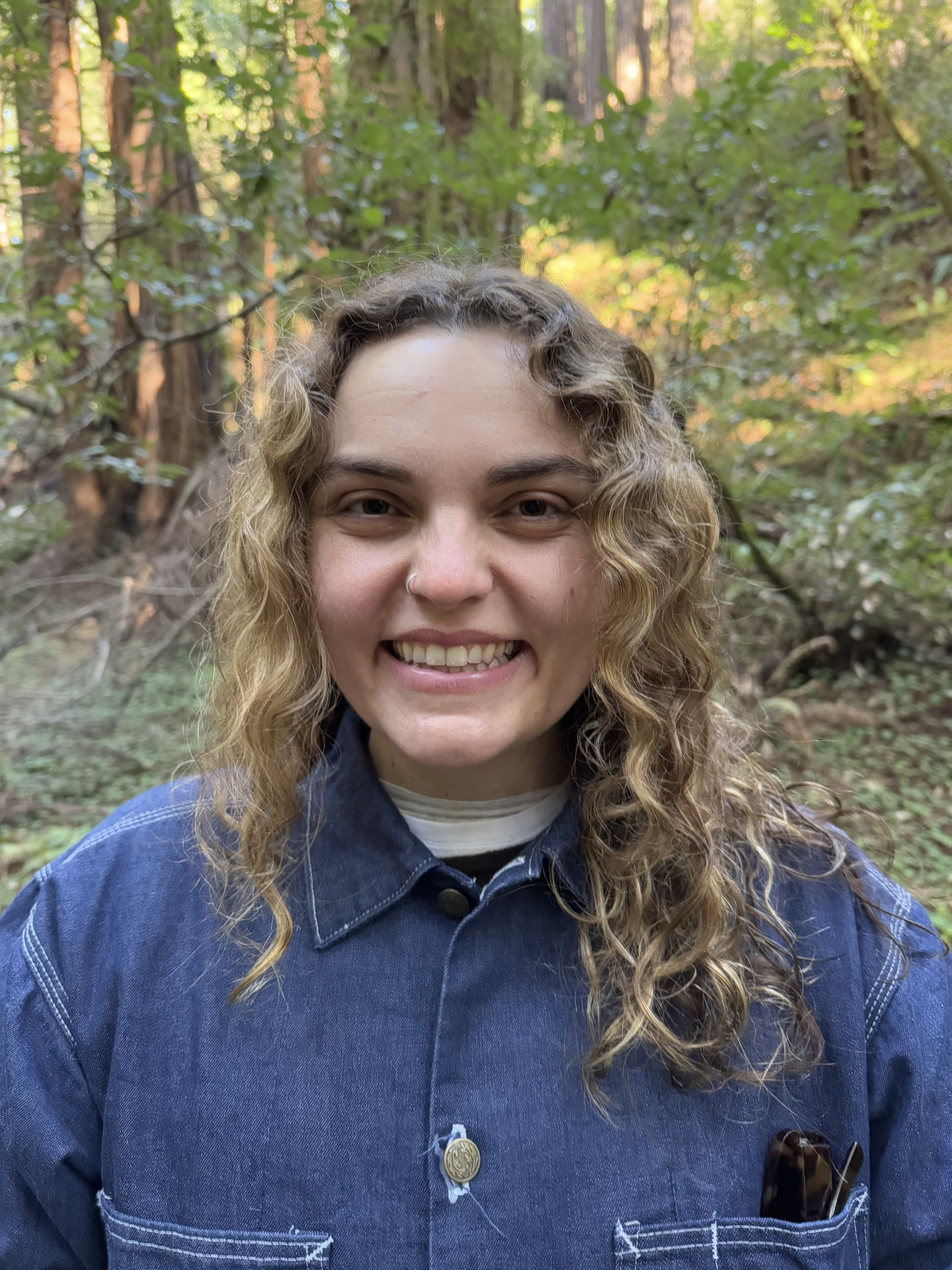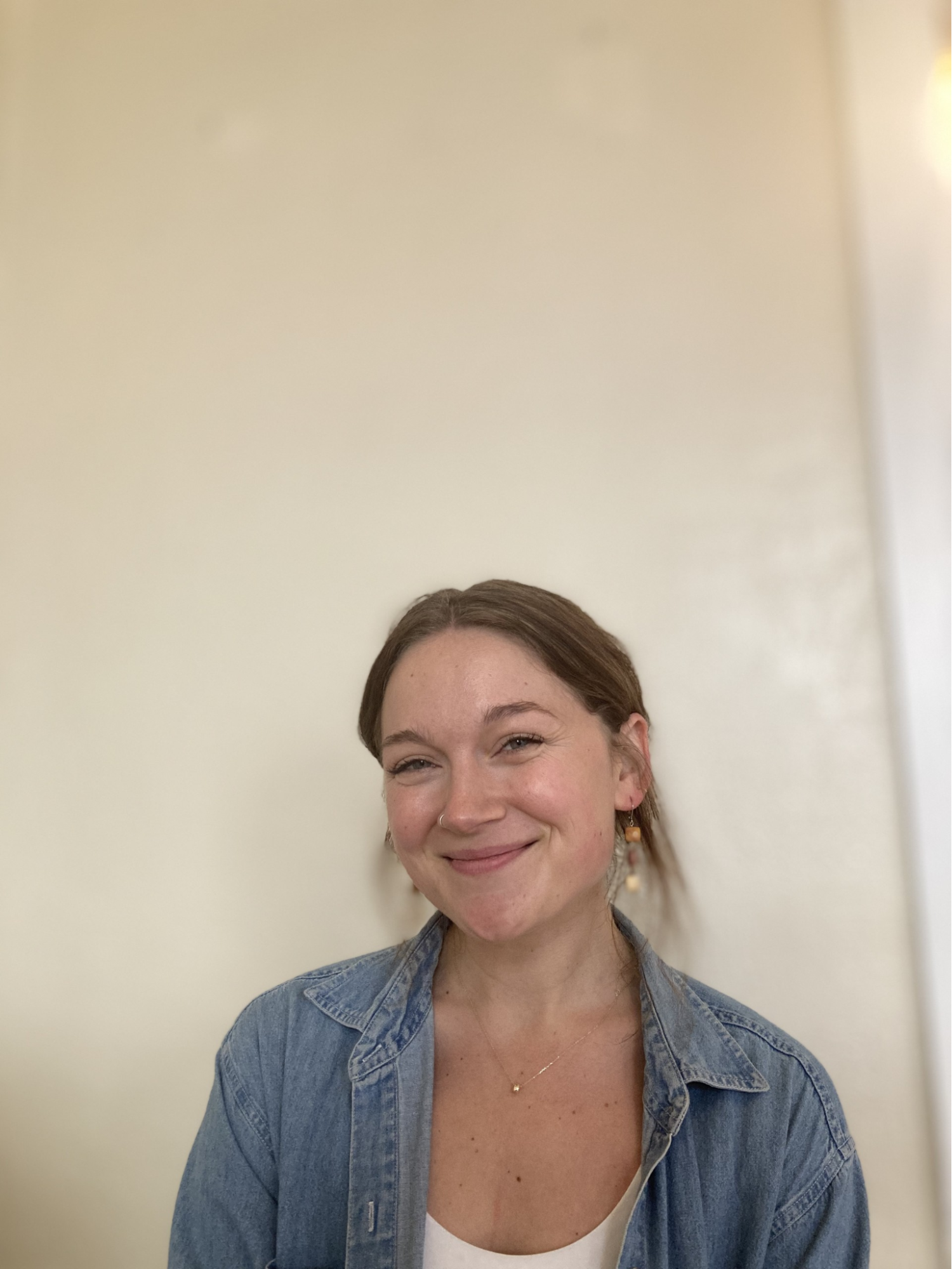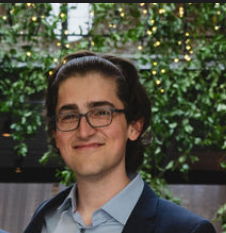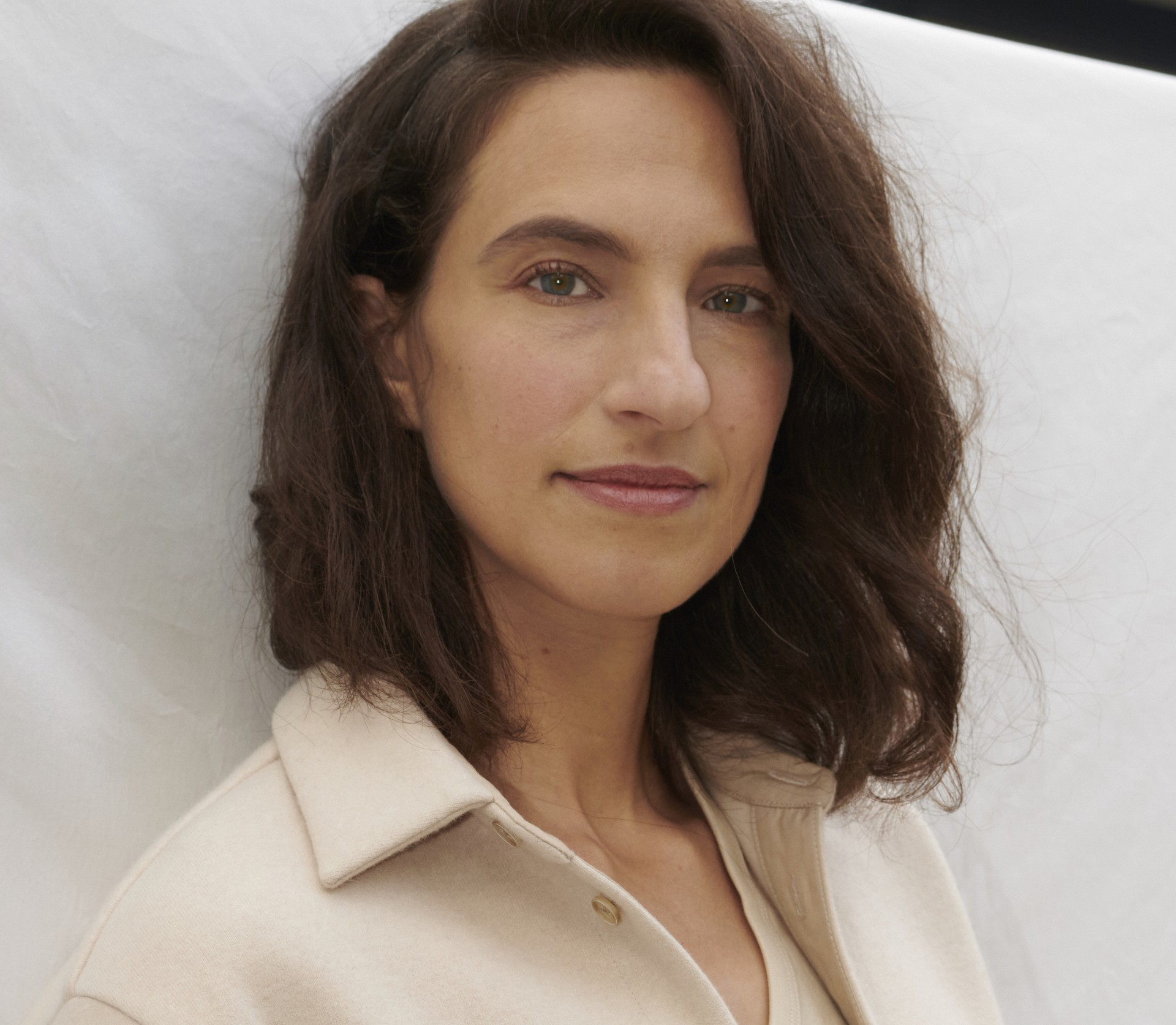Research Teams
Overview
Each of the six participating NYC-EJA member organizations is paired with a research team chosen from a selection process coordinated by the Hub made up of NYC-EJA member organization staff, CUNY faculty and students, and a Hub Advocate.
The teams conduct research and provide technical assistance for their assigned partner organization’s campaign goals and priorities. Additional Research Teams support NYC-EJA and its city and statewide campaigns.
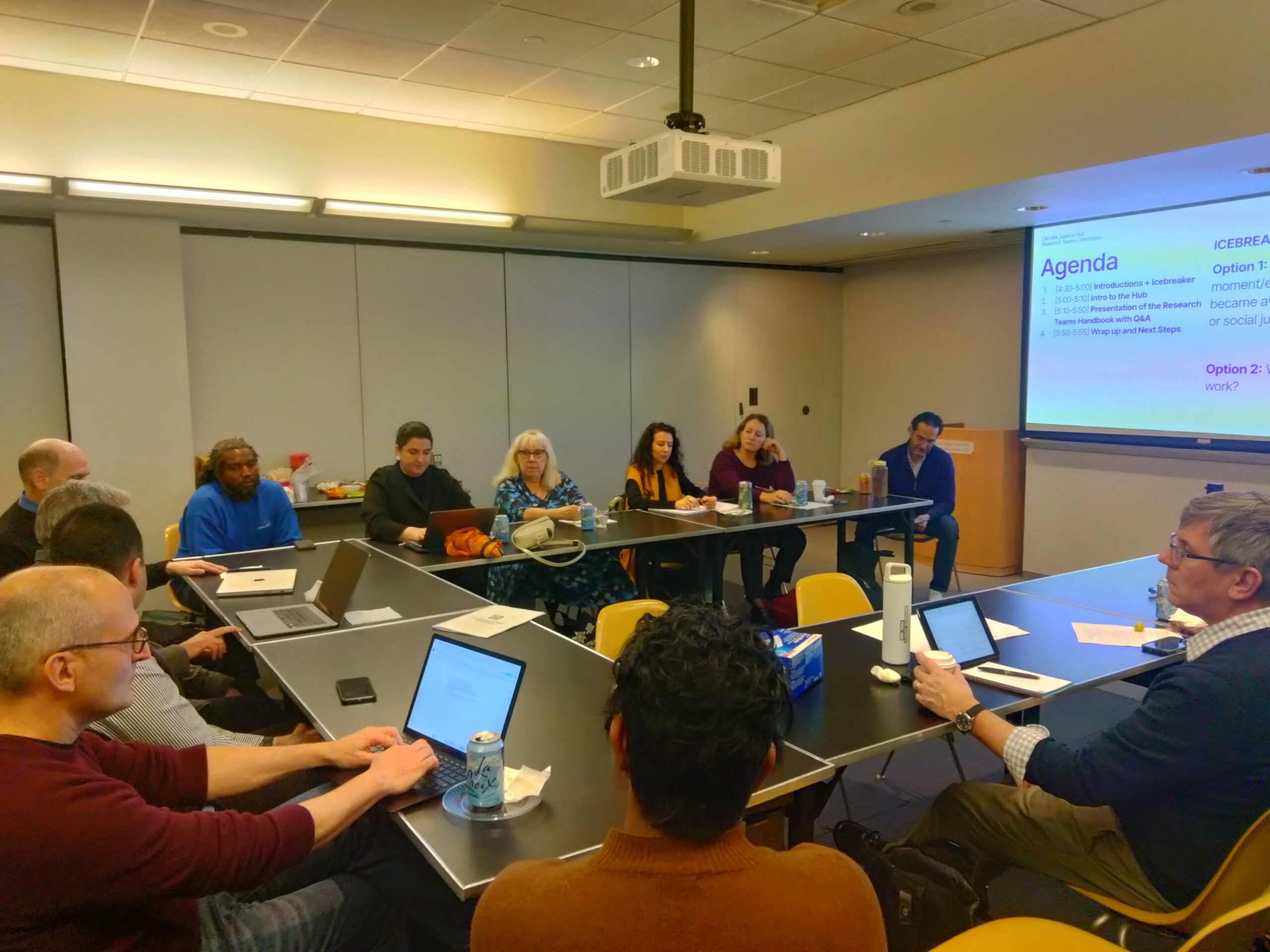
Research Teams
El Puente
El Puente is studying the detrimental impacts of active truck routes and heavy automobile traffic reliant on the Williamsburg Bridge and Brooklyn-Queens Expressway (BQE) on the Southside Williamsburg community of Los Sures.
The research will result in a comprehensive report outlining proposed changes to street designs and modal networks that could be developed for implementation by NYCDOT and would improve safety, livability, and quality of life for the Los Sures community. The key emphasis of this report will focus on mitigation measures and alternatives to existing truck routes, addressing daily traffic congestion within Los Sures and along the relevant portion of the BQE.
An extension of this project, concerned with mitigation of the dense transportation infrastructure within Los Sures, is the BQGreen project. An average of 110,000 cars travel through the Southside via the BQE daily, emitting approximately 20,000 pounds of pollutants per day.
As a result, Southside has amongst the highest asthma rates in the city. The BQGreen initiative would reduce air and water pollution, and reduce the instances of asthma and other health-related issues caused by air pollution from the massive volume of commercial and noncommercial vehicles that pass through the community.
BQGreen is the community-driven initiative to deck the open portion of the BQE that dips into the community with park space. BQGreen will create a “park out of thin air” by integrating Marcy Green and Rodney Park, two existing parks which currently are adjacent to the expressway. The completion of the traffic study will help inform the beginnings of other research looking into how the decking and closure of certain truck routes would alter traffic behavior in the surrounding community.
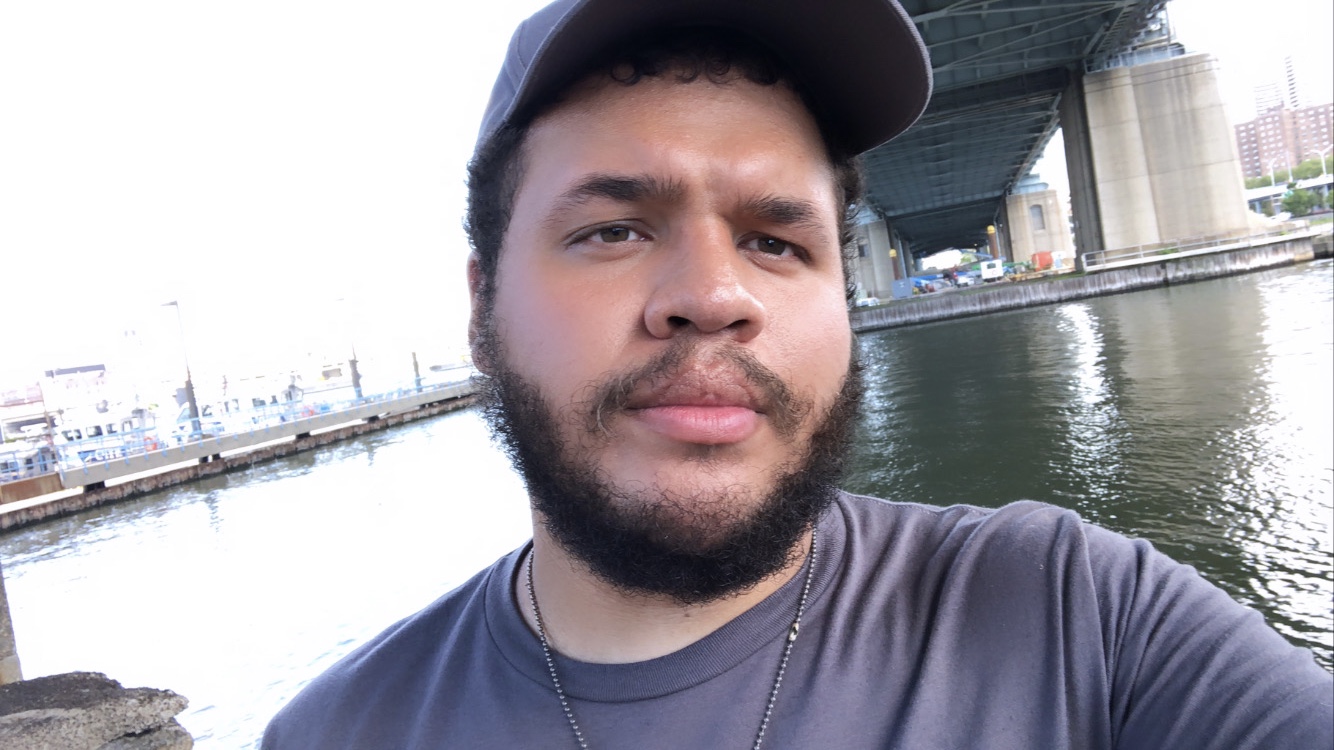
Adán Guzman
Hub Advocate, El Puente
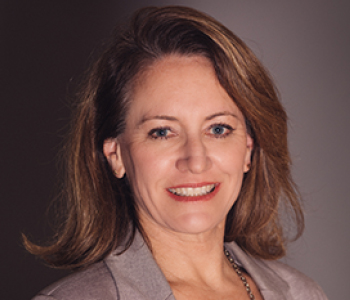
Sherry Ryan
Team Lead
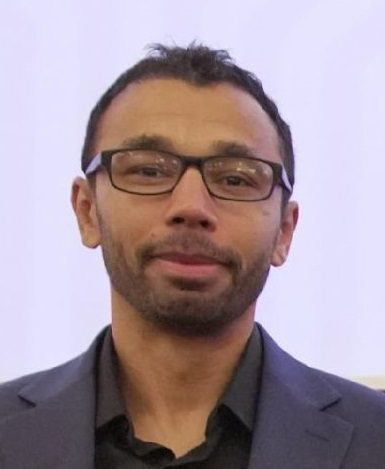
Dwayne Baker
Team Support
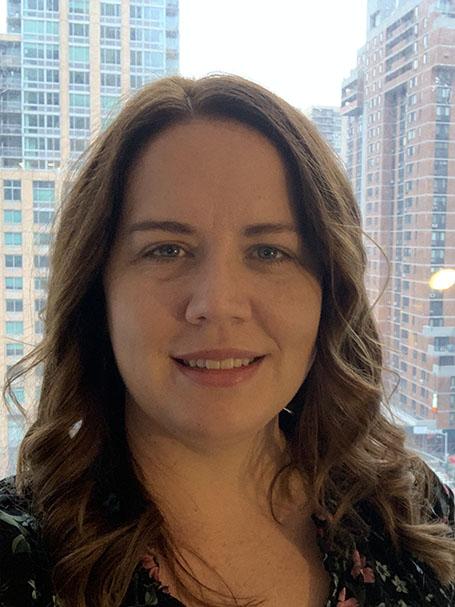
Alison Conway
Team Consultant
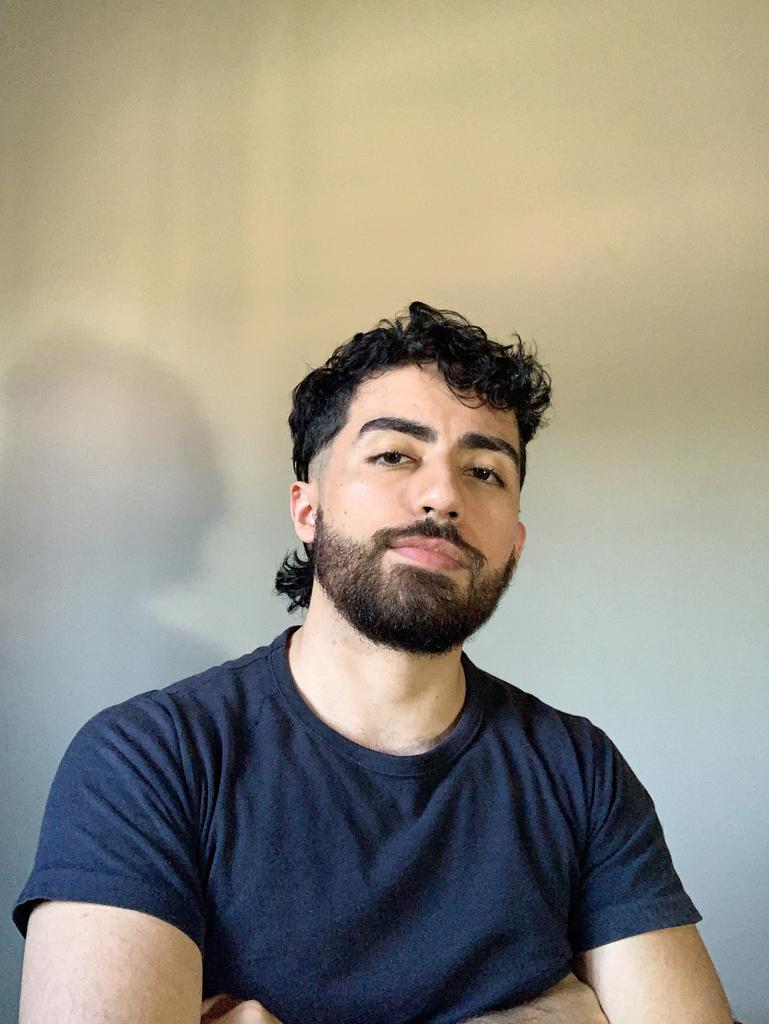
Gastón Fernandez
Research Assistant
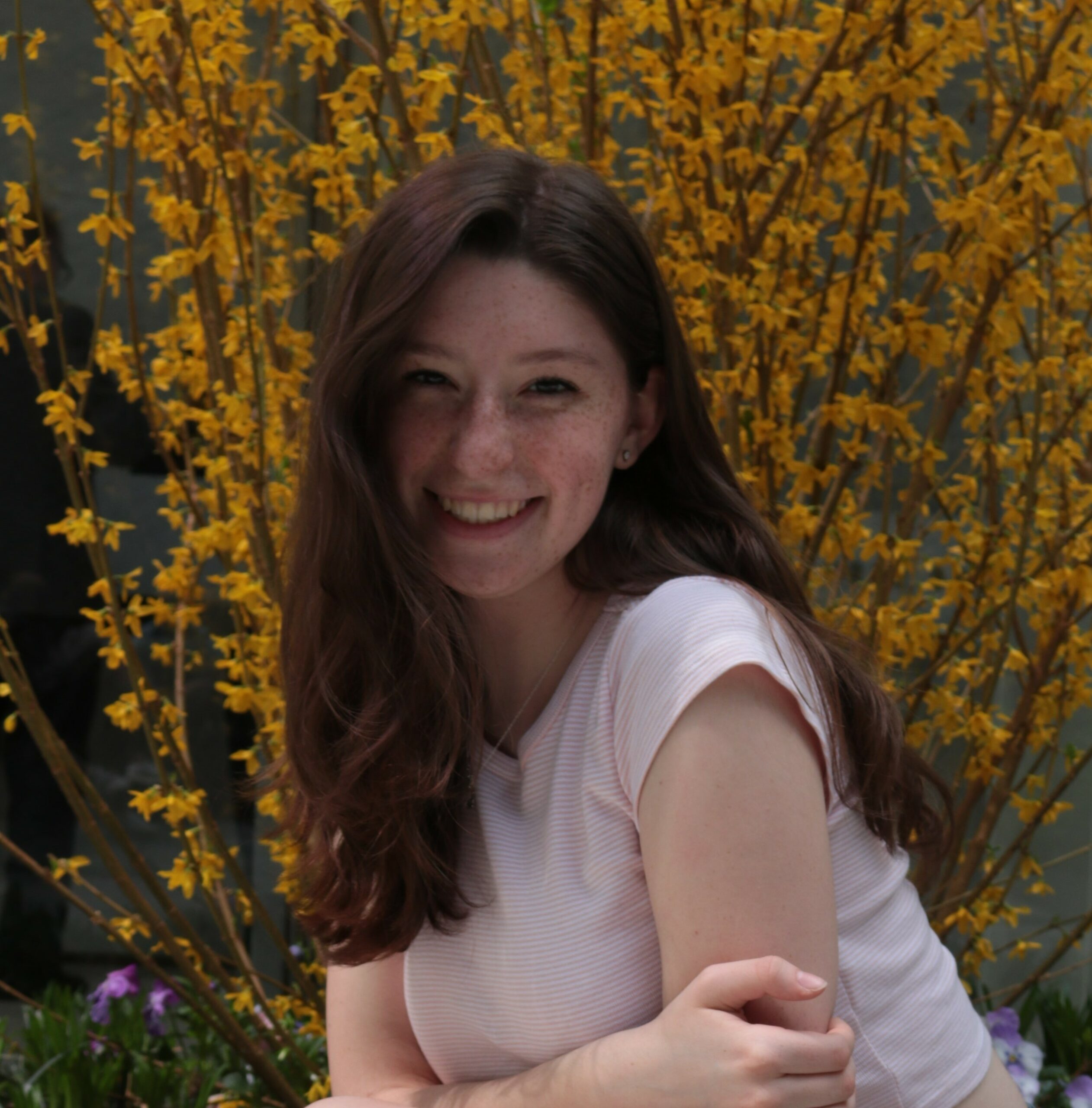
Erin Witt
Research Assistant
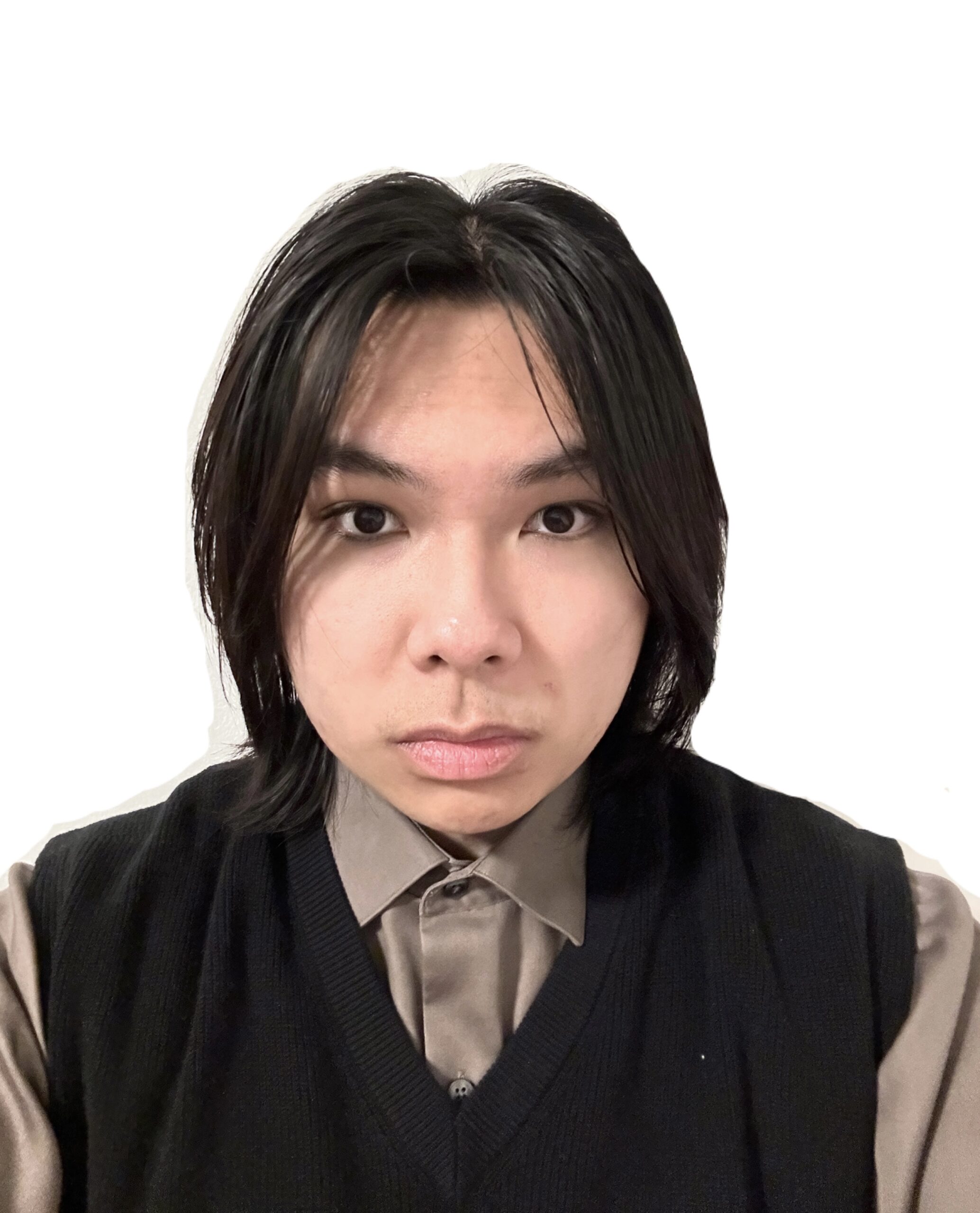
Kel Nguyen
Research Assistant
The Point
The Point is embarking on two core projects to improve air quality, health outcomes, and cooperative infrastructure in Hunts Point, South Bronx. The first project explores community energy infrastructure (community owned solar, microgrid, and battery storage) with a focus on lowering energy costs for Hunts Point residents and funding for future infrastructure.
This connects to The Point’s broader resilience initiatives such as the Hunts Point Community Network (HPCN) which provides free wifi for residents and local businesses, allowing for greater accessibility to the internet and connectivity within the community before, during and after extreme weather events and other disasters. The project will analyzes how membership and subscribership to community solar works, particularly how The Point as a non-profit would be able to build out a community governance structure to oversee these operations.
The second project aims to implement a process for identifying underutilized land to use for multi-site community solar in Hunts Point. This will expand on The Point’s solar work as the community partner for The Bronx is Breathing, an initiative that includes building an electric charging station, solar canopies, and establishing an electric truck cooperative located on a former brownfield in the food distribution center.
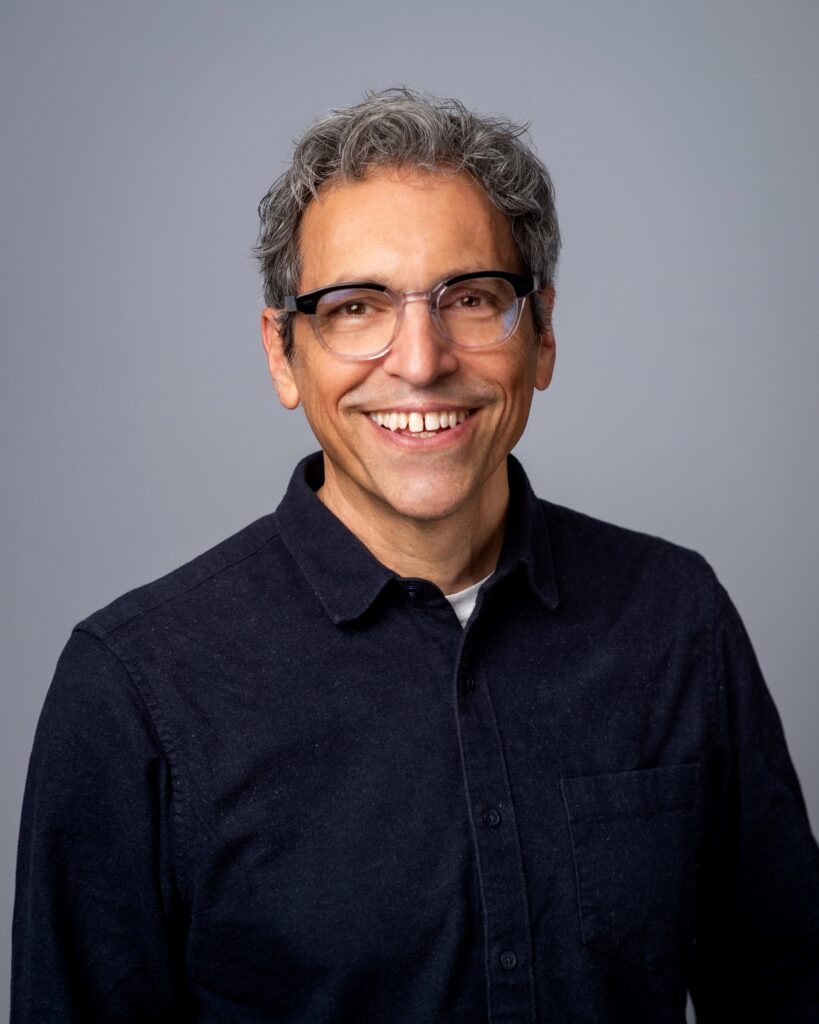
Nevin Cohen
Team Support
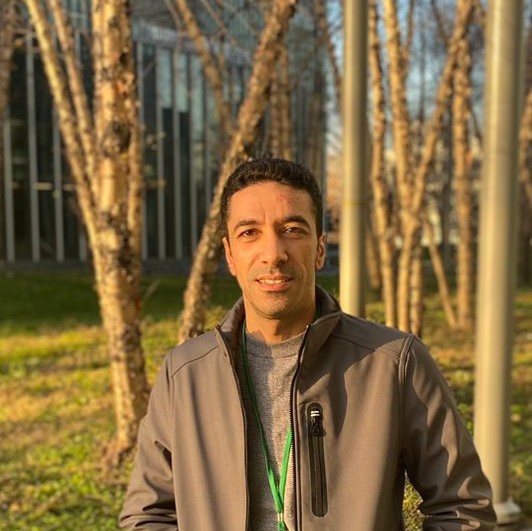
Mohammed M. Elsayed
Research Assistant

Ahmed Mohamed
Team Lead

Maria Reyes
Hub Advocate, The Point
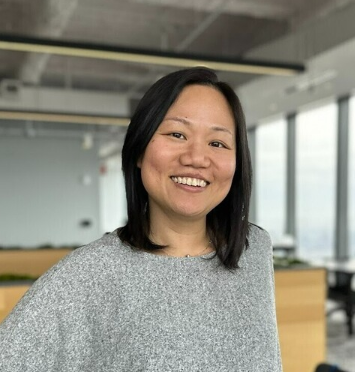
Li Kuan Phang
Research Assistant
The Brotherhood Sister Sol
The Brotherhood Sister Sol (BroSis), a Harlem-based community organization renowned for empowering Black and Latinx youth, is collaborating with the CUNY Urban Food Policy Institute, also based in Harlem, on an initiative to advance community composting in New York City. This project supports BroSis’s 1K Composting Systems NYC campaign, which aims to establish 1,000 local composting sites across all five boroughs, contributing to NYC’s Zero Waste 2030 goals. By reducing food waste through sustainable local processing, this campaign promotes environmental stewardship, creates green jobs, and fosters community-led solutions to climate challenges.
In partnership with CUNY researchers, BroSis will analyze existing in-house and publicly available data, and as appropriate gather additional data, to showcase the multifaceted benefits of community composting, with an initial focus on environmental stewardship and climate justice dimensions. The team will co-develop an interactive online map to visualize BroSis’s composting efforts, featuring existing and planned HotBox composting systems, a scalable solution designed for urban organic waste processing. This tool will highlight the campaign’s progress and serve as a resource for advocates promoting equitable waste management practices.
Led by BroSis’ Senior Manager for Environmental Programs, Nando Rodriguez, the project emphasizes grassroots engagement, involving young people, community gardeners, and local organizations in expanding composting infrastructure. Beyond waste reduction, the initiative supports NYC’s urban forestry efforts by providing compost for street trees and green spaces, contributing to climate resilience in underserved neighborhoods.
By supporting community efforts to preserve and scale local composting systems, this partnership aims to further demonstrate the power of community-driven climate action while advocating for permanent funding from the NYC Department of Sanitation for community composting. Through research, advocacy, and centering innovative grassroot-led solutions, the project strives to advance environmental justice and support frontline communities as they continue to lead in advancing NYC’s climate goals.
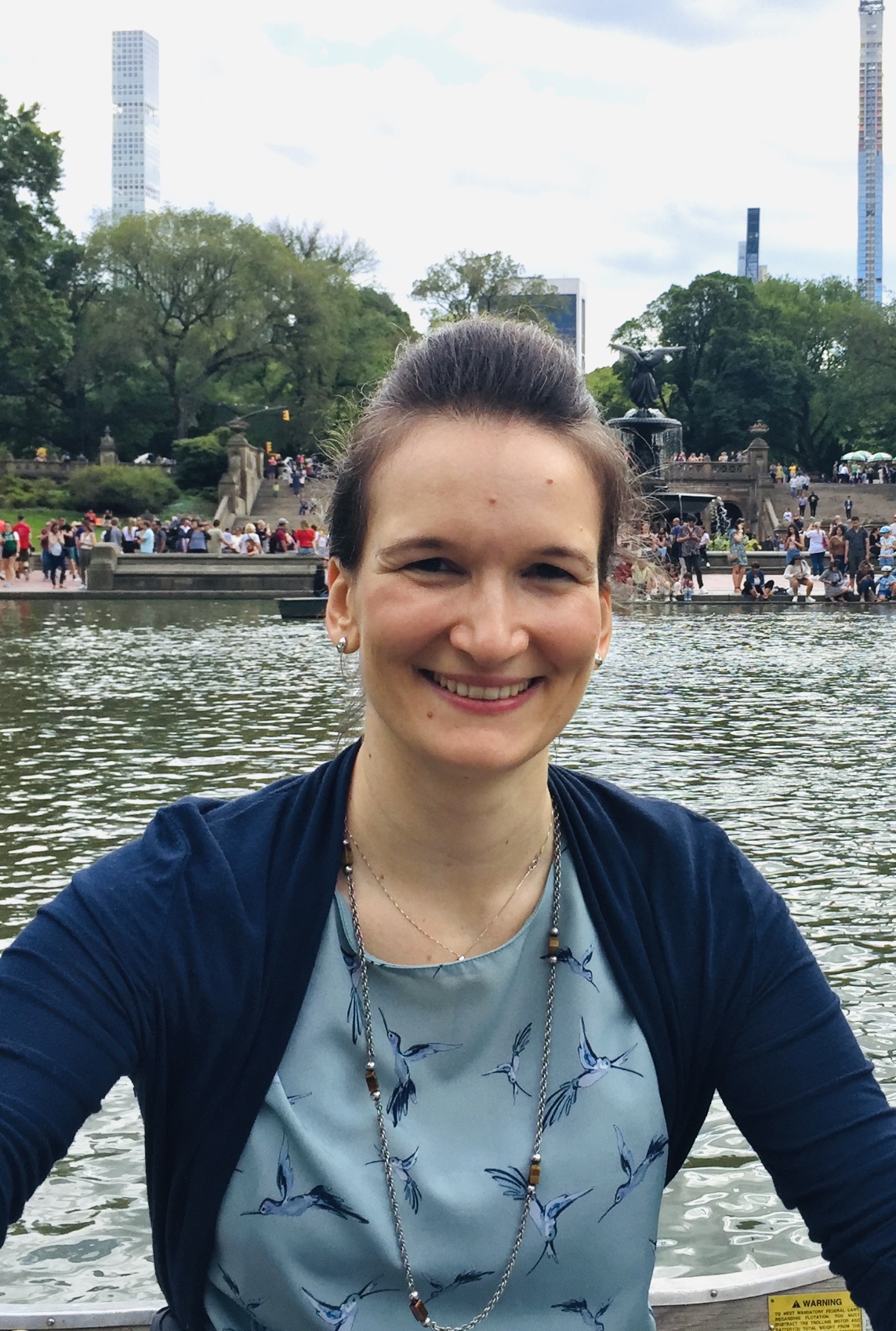
Rositsa Ilieva
Team Lead
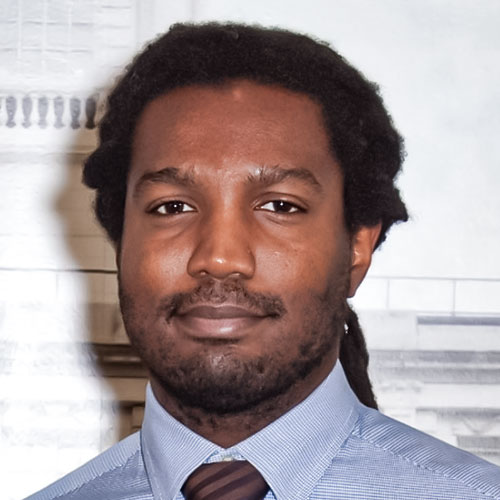
Craig Willingham
Team Support
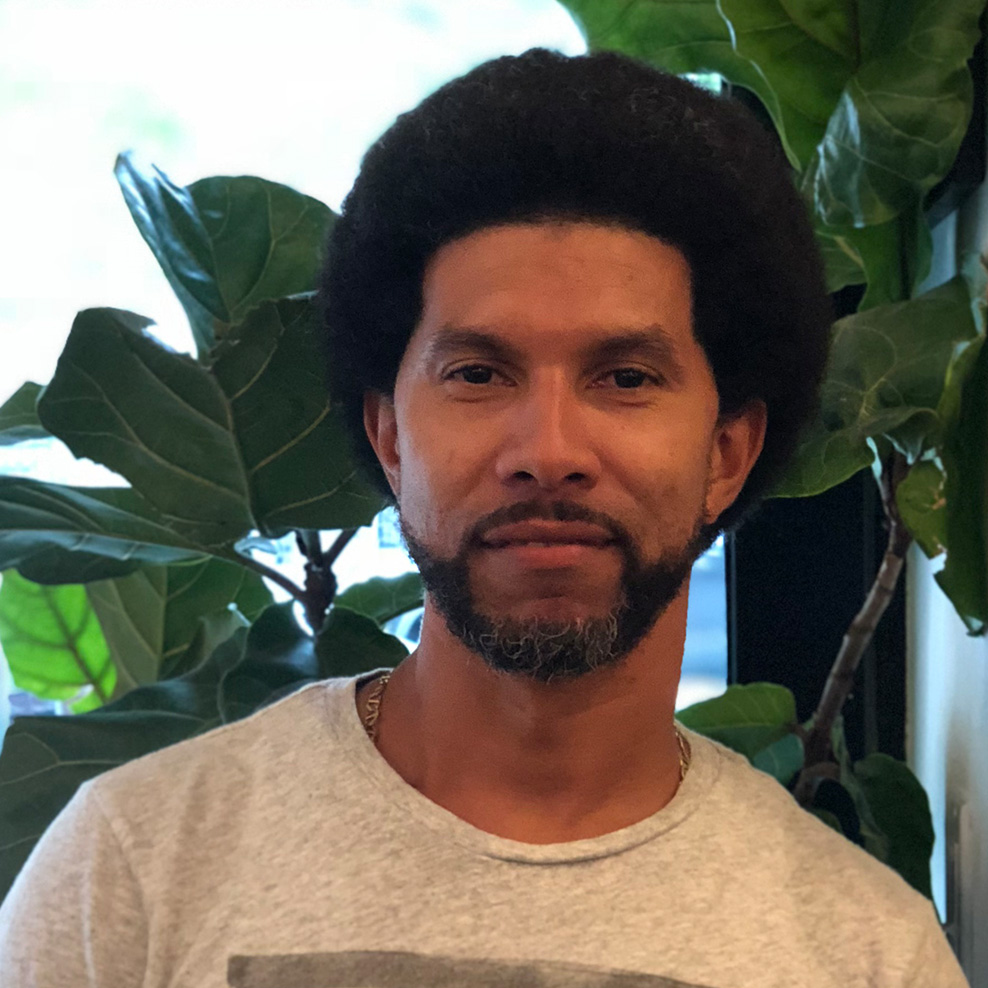
Nando Rodriguez
Hub Advocate, The Brotherhood Sister Sol
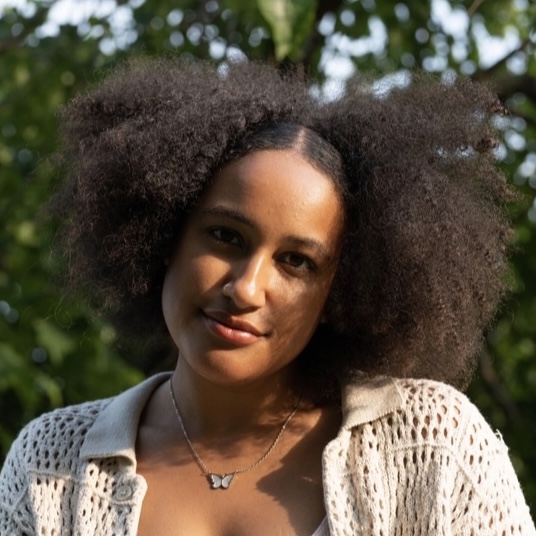
Olivia Collins
Research Assistant
UPROSE
UPROSE’s key research priorities are related to The GRID 2.0 report. The Green Resilient Industrial District (GRID) 2.0 is a transformative economic development strategy designed for Sunset Park, offering a comprehensive plan for the next twelve years. Encompassing 28 updated objectives, this plan aims to facilitate a just transition within Sunset Park by 2035. The GRID 2.0 envisions revisiting and updating strategies by 2035, aligning with NYC’s goal of achieving total carbon neutrality by 2050. To implement the GRID 2.0, UPROSE has strategically selected two initial action items that move the 28 objectives forward.
Firstly, this partnership will conduct a meticulous real estate mapping initiative analyzing purchases along the Sunset Park waterfront, aiming to optimize land use and infrastructure for sustainable development. This action item aims to answer, “What can we discover about recent trends in real estate sales and related activities that will help inform potential future actions?” In order to answer this question, the research team is creating a dynamic web map with real-time data profiling Sunset Park properties.
Secondly, this partnership will continue research on food sovereignty in the neighborhood by analyzing possible connections to upstate farmers with a local food hub in Sunset Park. This action item aims to answer 1) How can we identify sites in Sunset Park to cultivate food sovereignty? 2) What opportunities and barriers exist to siting a food distribution hub in the industrial waterfront? 3) How can food sovereignty work in Sunset Park help diversify food resources and improve food security in the city?
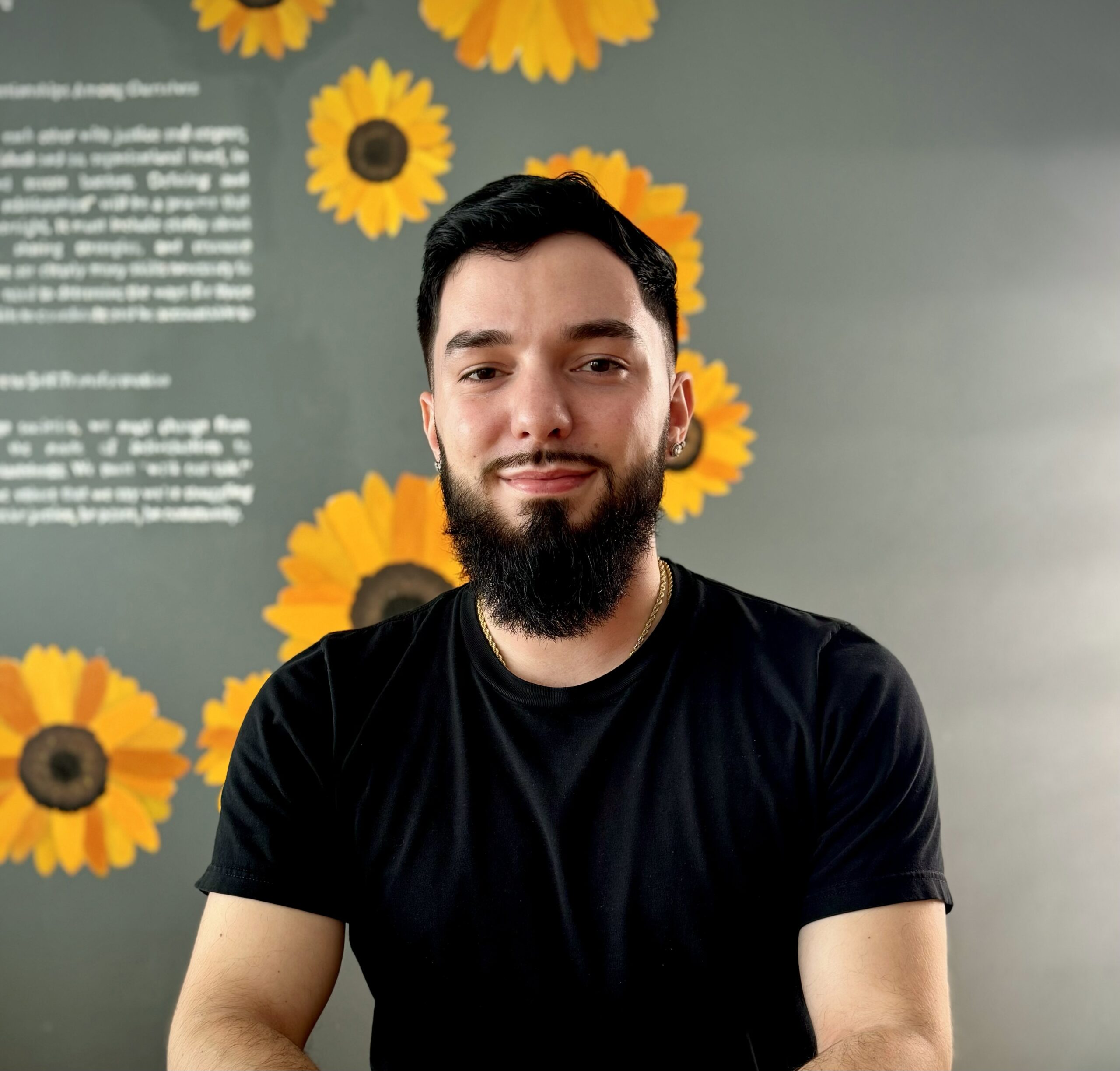
Nebraska Hernandez
Hub Advocate, UPROSE
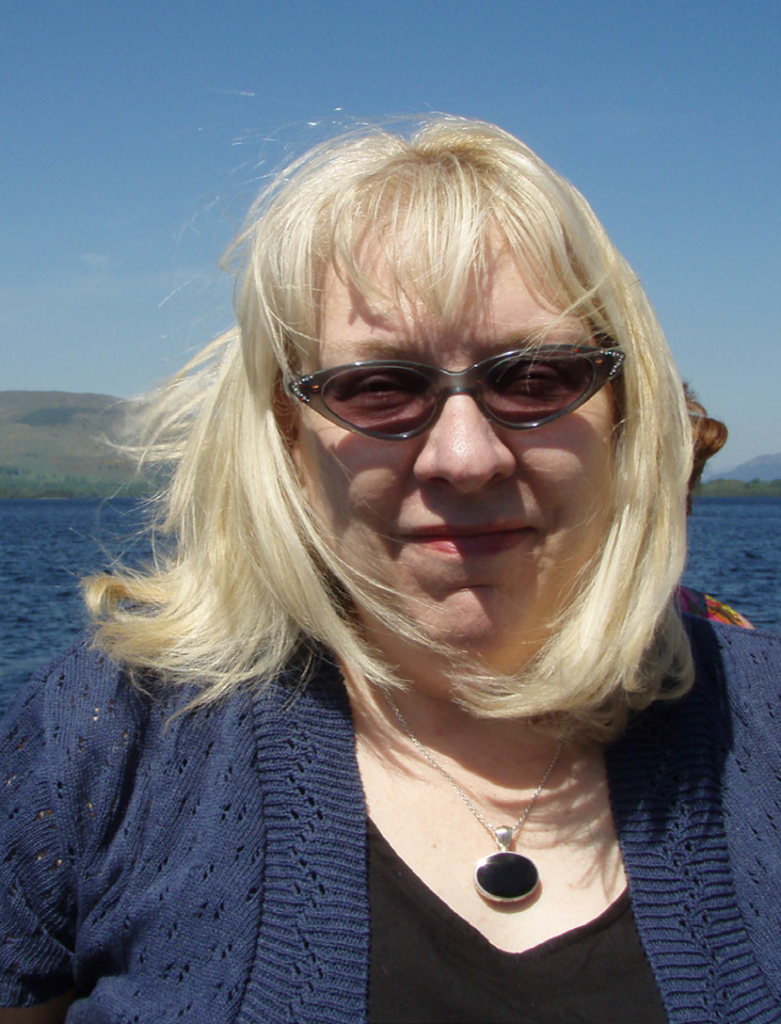
Juliana Maantay
Team Lead
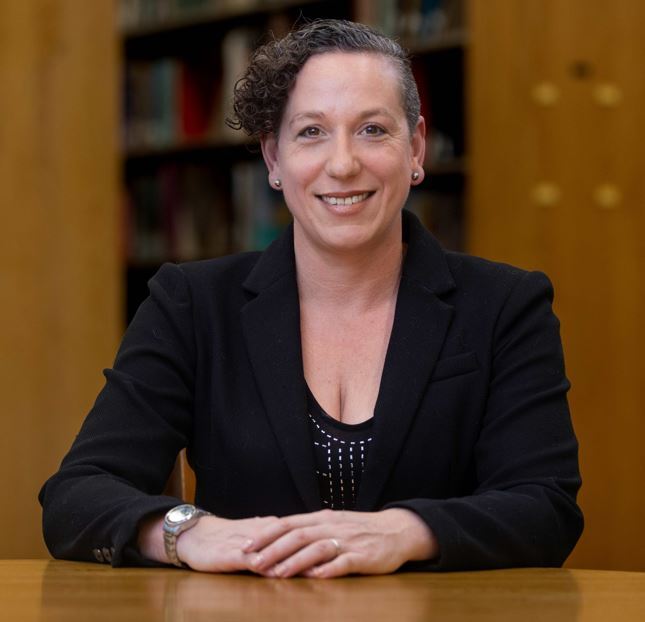
Angie Winner
Team Support
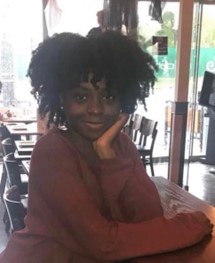
Jada Macharie
Research Assistant
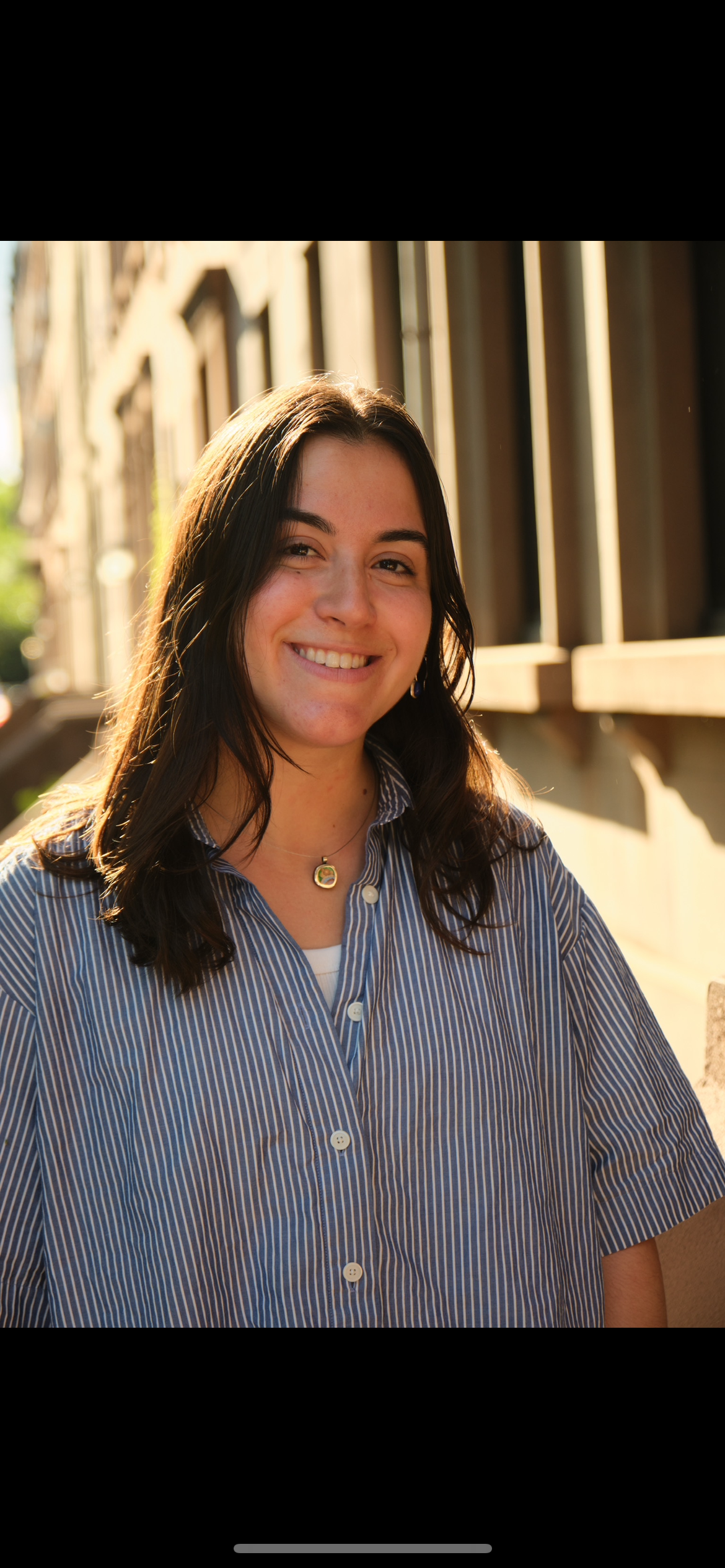
Annaliese Tucci
Research Assistant
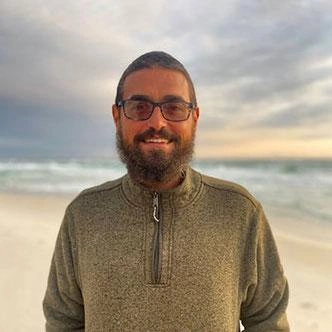
Daniel Shtob
Former Team Support

Enrique Valencia
Former Research Assistant
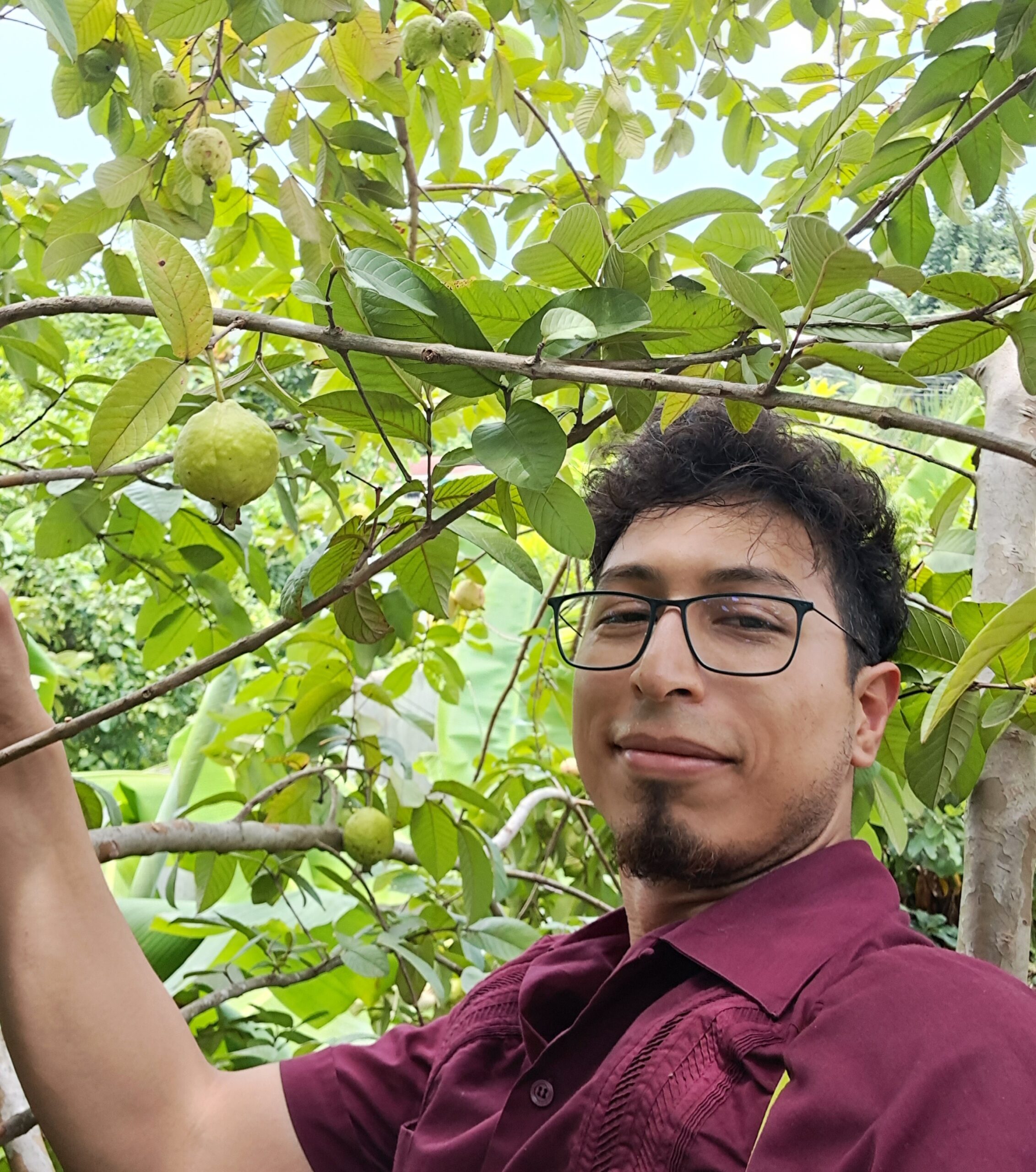
Gonzalo Martínez Herrera
Research Assistant
Nos Quedamos
We Stay/Nos Quedamos is creating a popular education curriculum that bridges environmental justice and housing issues. Over 30 years ago, We Stay/Nos Quedamos (NQ) was born out of a community organizing effort to resist forced displacement and propose an alternative urban renewal plan in Melrose Commons. Today, we recognize that our work is far from finished. Our goal with this project is to create an environmental justice and housing justice organizing curriculum rooted in the history of the South Bronx that bridges environmental justice and housing justice, equipping the We Stay/Nos Quedamos Environmental Justice Youth Team with the tools to learn, educate, empower, and organize with and for their communities.
This curriculum includes scheduled organizing trainings and place-based, bilingual, and intergenerational workshops on understanding and mapping environmental justice and housing issues facing Melrose and the South Bronx. Module topics include the following: We Stay/Nos Quedamos in the History of the South Bronx; Intro to Climate Justice and Environmental Justice; Intro to Housing Justice and Anti-Displacement Organizing; Air Quality, Asthma, and Transportation Justice; Heat Burden and Green Space/Waterfront Access; Food Justice, Urban Food Sovereignty, and Community Gardens; Energy Justice, Renewable Energy Sources, and the “Just Transition”; Sanitation and Waste Equity Campaigns, Recycling and Compost; Flooding and Stormwater Management in New York City; and The Importance of Storytelling, Organizing, and Advocacy for the Future of the Bronx.
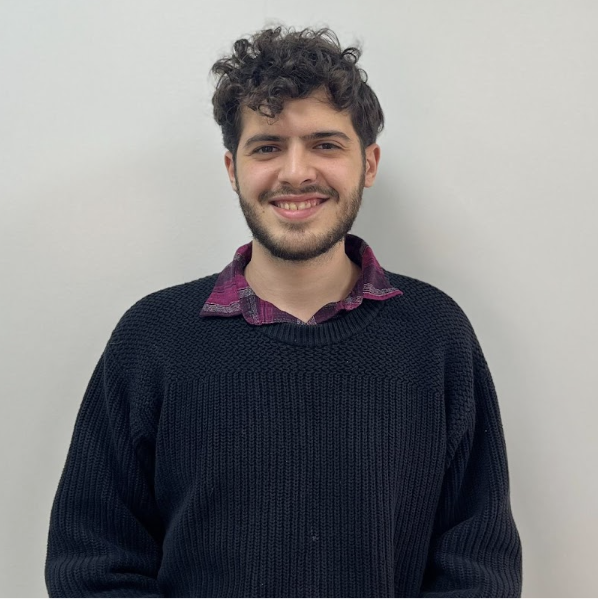
Basil Alsubee
Hub Advocate, We Stay/Nos Quedamos
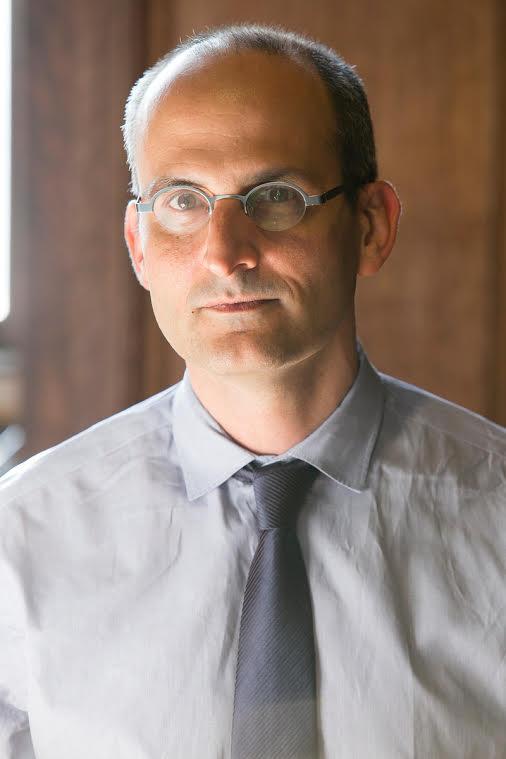
John Krinsky
Team Lead
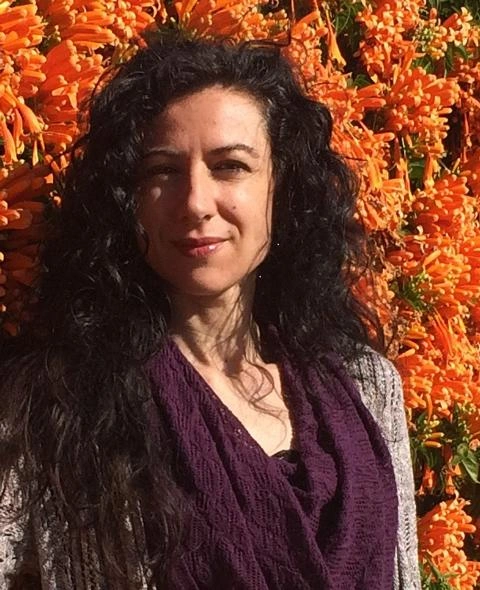
Elia Machado
Team Support
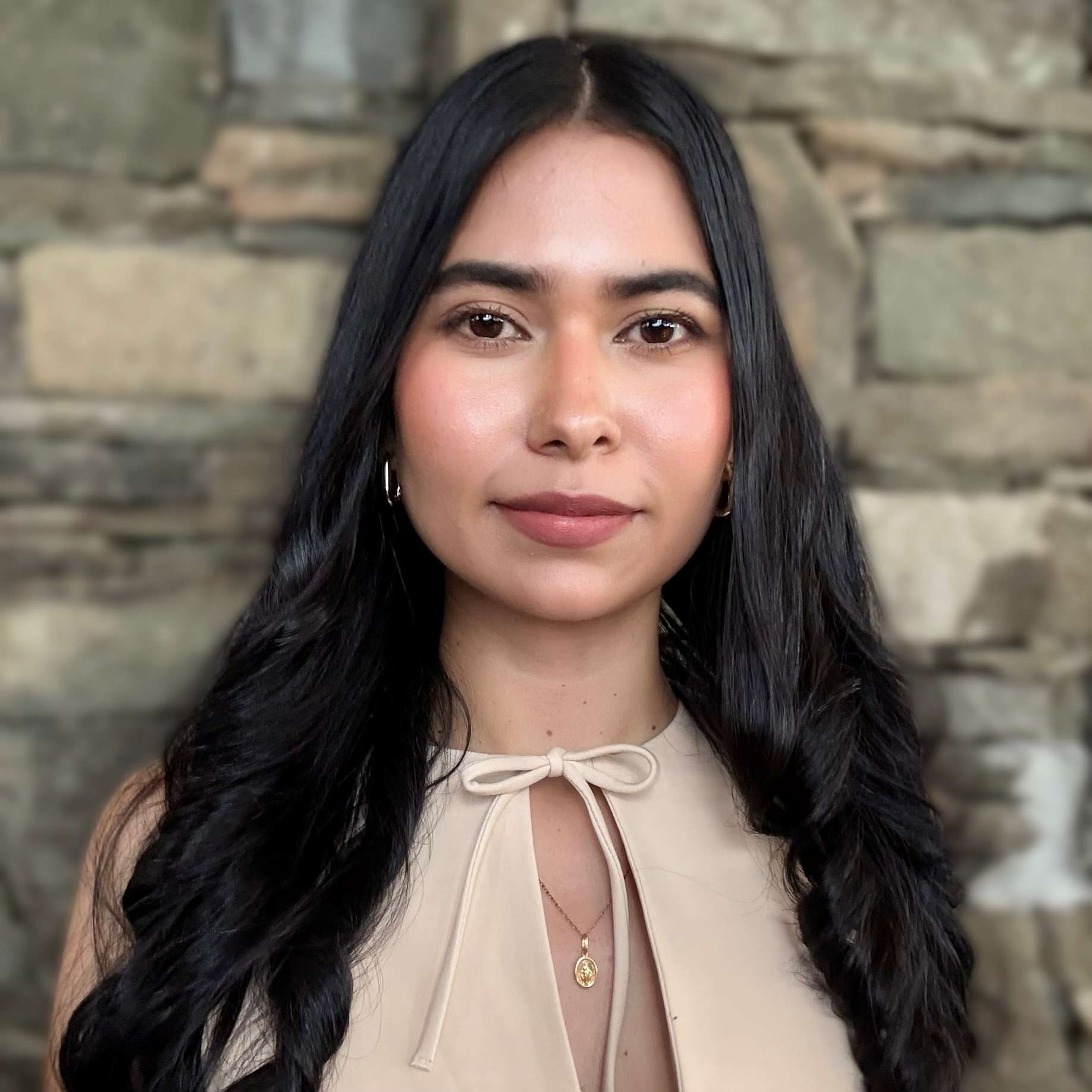
Paola Delgado Sanchez
Research Assistant
GOLES
GOLES is creating and deploying a survey to assess community perception and understanding of environmental justice, climate justice, and waterfront resiliency in the Lower East Side (LES) of Manhattan. The area has already seen the impacts of climate change, including increased temperatures and more frequent and severe storms. The combination of environmental and social factors in the area renders it especially susceptible to climate change due to several challenges, including the presence of housing built on former marshland, deteriorating infrastructure, and inconsistent utility services due to landlord neglect. The survey will gauge the community’s understanding of two major waterfront resiliency projects: the East Side Coastal Resiliency (ESCR) project and the Brooklyn Bridge Montgomery Coastal Resilience (BMCR) project. It will also ask residents how current development in the neighborhood affects their wellbeing and will assess the community’s awareness of the New York State (NYS) Green Amendment, which guarantees that every person in NYS “shall have a right to clean air and water, and a healthful environment.”
The results of the survey will culminate into a Community Resiliency Plan and identify 10-12 climate/environmental justice campaigns to activate with LES residents. The final deliverable will be a policy report which will summarize the key findings of the survey, present the significance of the findings from a climate justice and environmental justice perspective, and present actionable steps that policymakers can take to address environmental justice issues in the Lower East Side.

Gina Bravo
Research Assistant
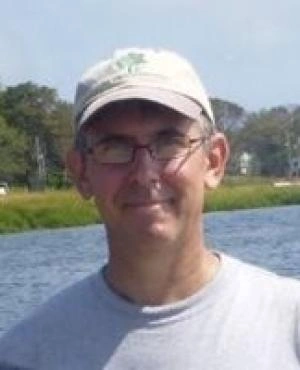
Brett Branco
Team Lead
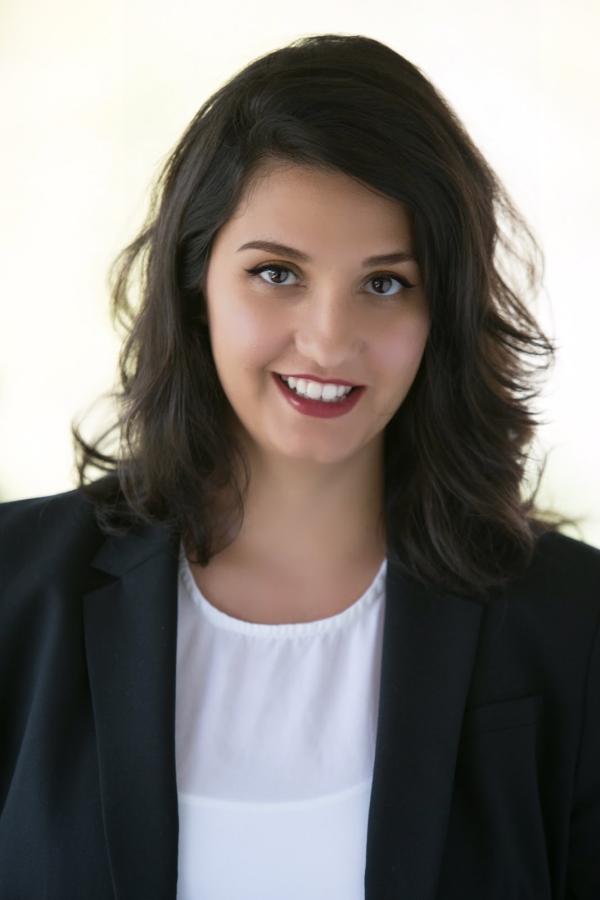
Yana Kucheva
Team Support
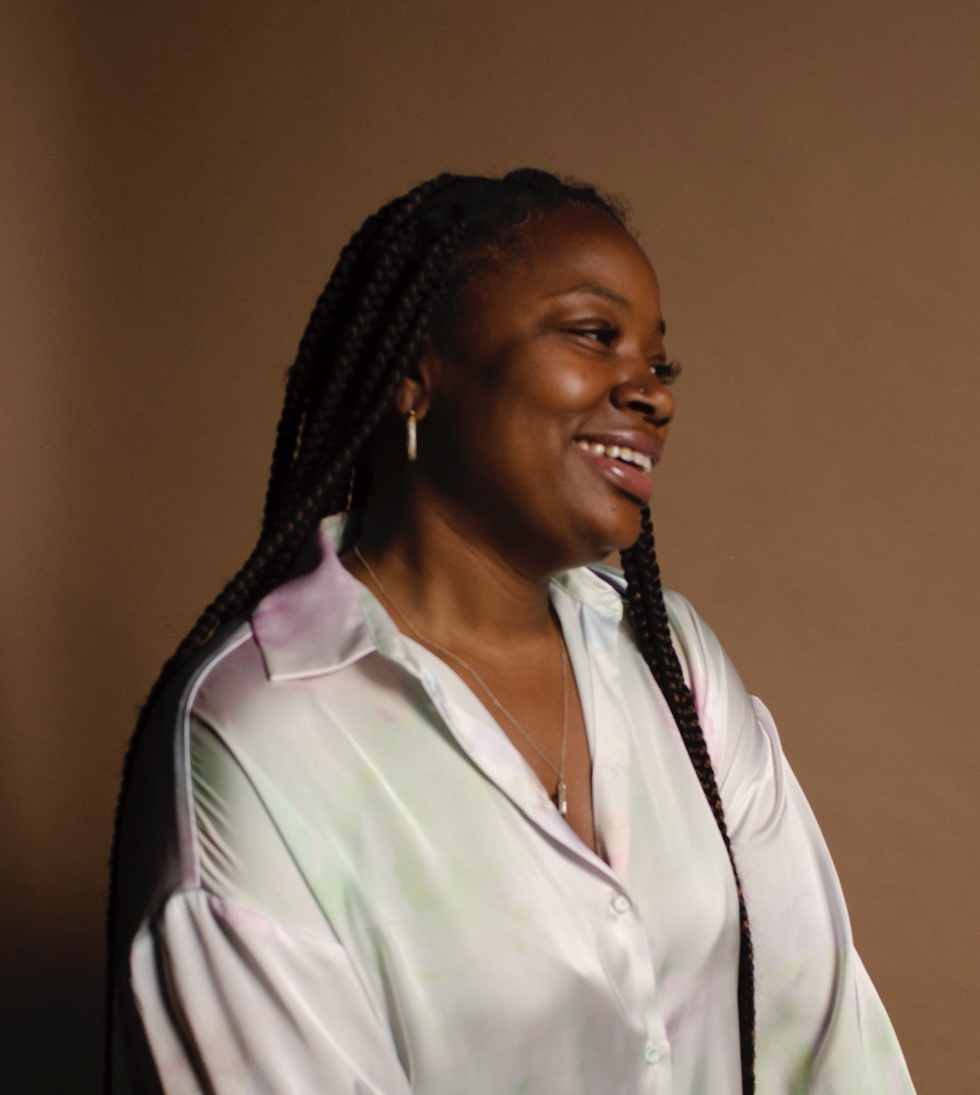
Shaheeda Smith
Hub Advocate, GOLES
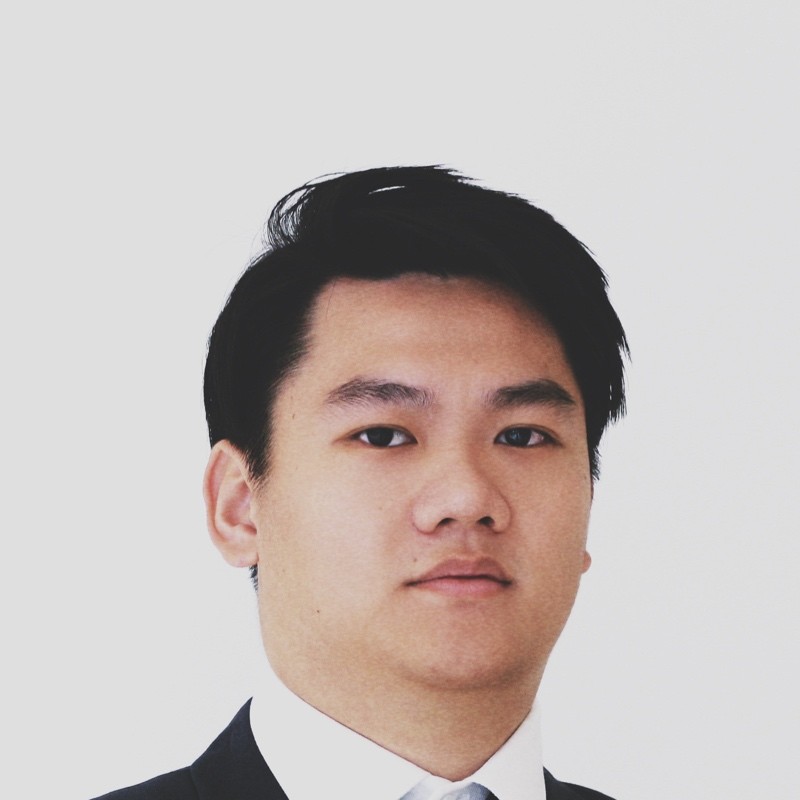
Junlin (Wayne) Lu
Research Assistant
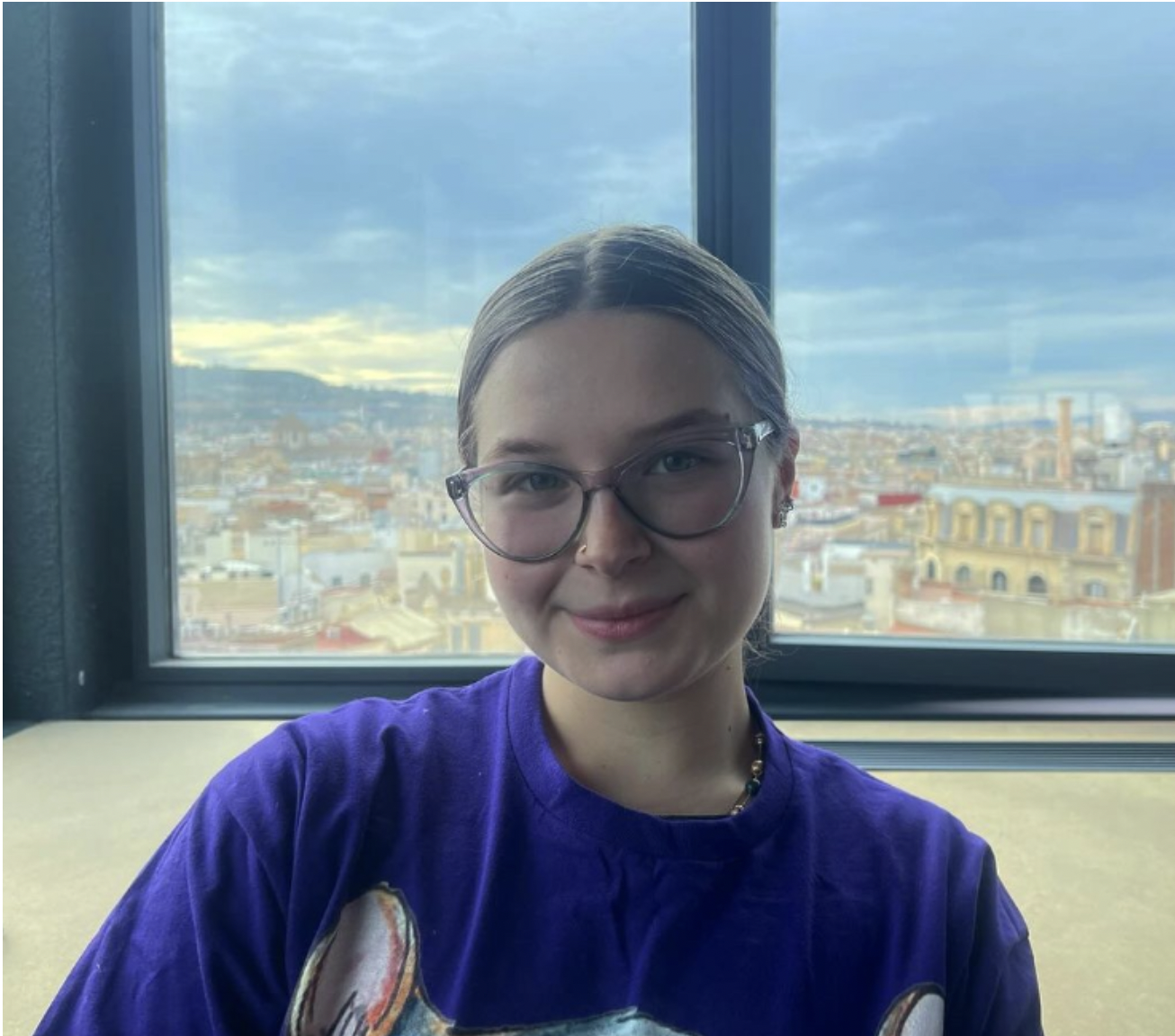
Sofia Mariyamis
Research Assistant
Consultants
CHAMP-EJ
According to the World Health Organization, up to 4.2 million people die prematurely every year due to outdoor air pollution. In New York City, PM2.5 (fine particulate matter) alone is estimated to cause more than 2,000 deaths each year. Meanwhile, as the climate continues to warm the health impacts of heat are becoming clearer and more concerning “[…] and Black New Yorkers are twice as likely to die from heat stress as white New Yorkers.” (CHAMP EJ, p6.)
The Community Heat and Air Mapping Project for Environmental Justice (CHAMP-EJ), two years in the making, shares the findings of our air and heat mapping study, as well as policy recommendations to improve dangerous air quality and heat conditions in our City’s most overburdened communities. One of the key findings was the disparate air quality impacts of vehicular traffic on environmental justice communities and how transportation policies, such as congestion pricing, could both reduce emissions and provide beneficial investments to these communities.
Climate Works for All
The City University of New York (CUNY) Building Performance Lab, New York City Environmental Justice Alliance (NYC-EJA), and Emergent Urban Concepts are collaborating to find solutions to support large New York City cooperatives in their decarbonization efforts and with New York City Local Law 97 compliance. New York City Local Law 97 is a climate law that sets greenhouse gas emission limits for large buildings over 25,000 square feet, requiring reductions starting in 2024 to help the city achieve its carbon neutrality goals by 2050. Housing cooperatives are struggling to afford decarbonization solutions to avoid fines resulting from non-compliance. The City has stated the law is not intended to be punitive and its goal is to reduce emissions from the building sector as soon as possible.
Innovative project development models are needed to advance this work and to equitably support the needs of all stakeholders. Today, we face compounded housing and climate crises. This effort will explore the concept of joint thermal energy network development to speed decarbonization at the neighborhood scale and leverage the co-benefits of shared infrastructure. Ownership models including regulated investor owned utilities, cooperative, non-profit and municipal models will be considered.
The project offers a significant opportunity to rethink and support building sector decarbonization at scale. Given large housing cooperatives include hundreds of thousands of units in New York City, the effort can identify solutions that can provide major progress toward New York City and New York State’s climate goals.
Transform, Don’t Trash
A small team of Hunter College researchers were asked to study commercial waste zone programs, and to identify useful lessons for New York City’s commercial waste zone roll out. Commercial waste zones are designated geographic areas where waste collection services are managed through contracts between the city and approved waste haulers, aimed at improving efficiency and environmental outcomes in commercial waste collection.
As part of this investigation we focused on four overarching questions:
- What were the selection criteria for carters?
- How did other cities roll out their commercial waste zone systems?
- How successful are these commercial waste zone reforms in accomplishing their stated aims
and objectives? - What are key lessons for NYC?
This study includes analysis of commercial waste zones in Los Angeles, Sacramento, and San Diego. We selected Los Angeles first, because New York City Sanitation has pointed to challenges in LA as reason for caution with its program roll out. We selected Sacramento and San Diego for comparison because they both operate non-exclusive zone systems that share some traits with New York City’s.
After a rigorous vetting and selection process, 12 CUNY professors met together for the first time on January 24, 2024, to kick off the 2024 Research Teams initiative.
During this Orientation, professors learned about the organizations they will be working with along with best practices and protocols for conducting research with grassroots organizations, and were introduced to systems developed by the Hub to help manage and plan out research deliverables.
A complementary Orientation was held for the Hub Advocates representing the NYC-EJA member organizations in the collaboration on February 1, 2024. The Orientation meetings were followed by several collective Onboarding meetings between the professors and the NYC-EJA member organizations’ staff to develop the project scope, establish community agreements, and set the research agenda.

